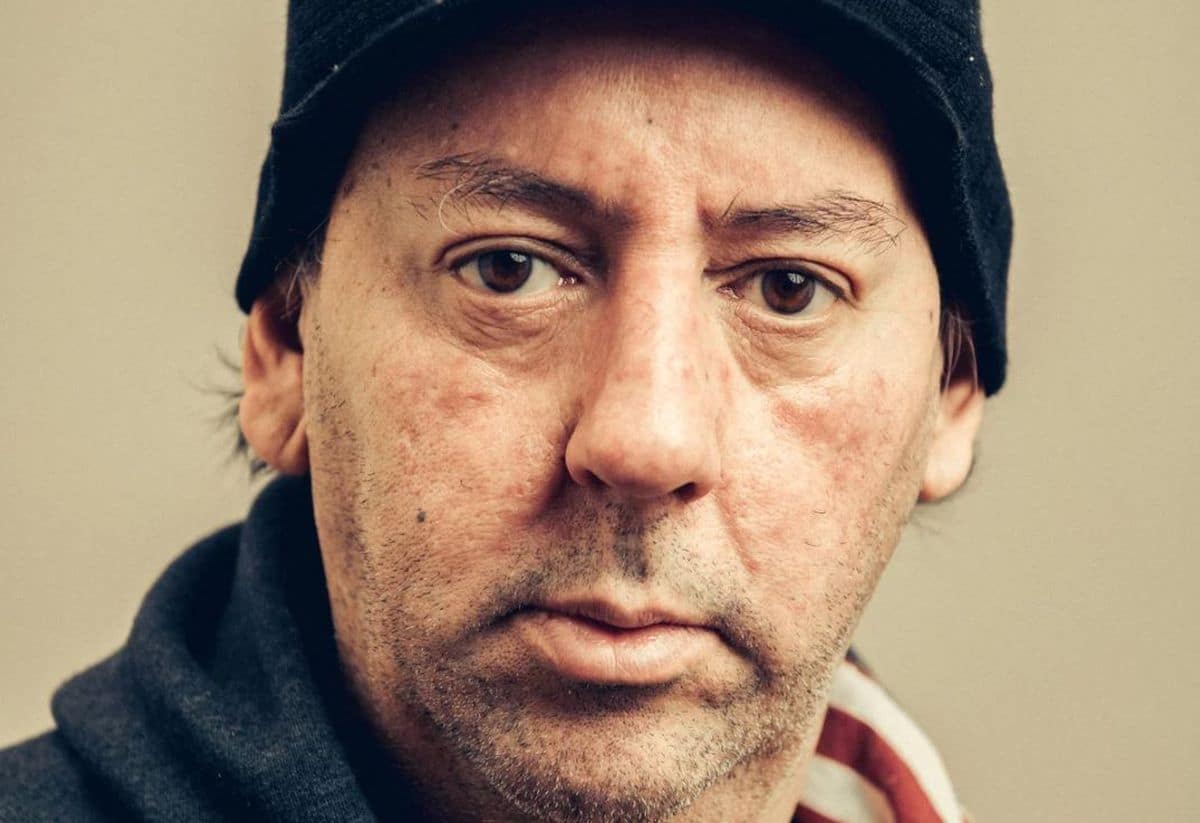
After a landmark 2014 ruling, mentally ill New Yorkers were partially left to their own devices while receiving some in-unit care from private case management agencies as they make their way in society. Now with record levels of homelessness, FRONTLINE & ProPublica’s powerful new investigation, Right to Fail shows the repercussions of this court ruling.
Filmmakers give an unflinching look at the day-to-day human struggles and the complex debate about the idea of giving people with severe mental illness the right to live independently. This is an issue which spills beyond New York City’s borders and the court ruling allows the opportunity for people with mental illness to succeed on their own terms with the right support, but also gives them the right to fail.
What is this film about?
The lives of people directly influenced after the landmark 2014 ruling which allowed about 4,000 adult home residents the chance to move into their own subsidized and supported apartments even though many of those with severe mental illness need assistance with everyday living.
Even though Right To Fail focuses on New York’s supported housing program, overseen by the Office of Mental Health., the correlation between mental health and homelessness is a countrywide issue that is growing.
Who reports on this?
Correspondent Joaquin Sapien and director Tom Jennings and their colleagues spent over a year investigating how this very ruling has affected people once living in adult homes, who are now allowed to live on their own.
“There had been stories already on the bad state psychiatric hospitals and bad adult homes… [but] no one’s really explored what it looks like when people leave,” says Sapien in a press release.
Who are some of the subjects?

Right to Fail follows the journey of one 52-year-old man, Nestor Bunch, in the supported housing program, who was diagnosed with schizophrenia,
Most all of his life, Bunch had some form of supervision such as a group home or psychiatric hospital.
His medical assessment revealed a man who was very ill. He heard voices and believed he could heal others telepathically but the 2014 court settlement gave him the option to live independently even if it wasn’t the best choice for him.
From PBS:
The film offers a window into how Bunch struggled in the supported housing program. He became suicidal, witnessed the death of a new roommate, was hospitalized multiple times and doctors suspected he was beaten within an inch of his life – yet through it all, continued to say he wanted to live on his own.-
What did the court ruling do for the worst cases of the mentally ill?
In 2014, a federal judge ruled that New York State had violated the civil rights of people with severe mental illness by allowing them to languish in adult homes rife with allegations of abuse and neglect. The fragility of some former adult-home residents and the limits of the support they receive and what became of them is explored in this film.
ProPublica’s reporting shows this system has failed the most vulnerable.
The ruling gave a class of about 4,000 adult home residents an opportunity to live in subsidized and supported apartments, and to have the freedom to cook in their own kitchens, administer their own medication and budget their own expenses with help from private case management agencies. Sounds great, but it has created a world of misery for many.
The debate behind giving people with severe mental illness the right to live independently and succeed with the right support is becoming a hot topic in many states. Right now, legislation comparable to that of the court ruling in New York is being discussed in at least 9 states across the U.S. now including Georgia, Illinois, Delaware, N.C., N.C., Arizona, Washington, N.J, Texas and Oregon.
A great deal of the success of these individuals depends on the exact type of supportive care and supervision that is given.
How does the film investigate the issue?
Right to Fail uses on-site interviews with mental health experts, caseworkers and health officials involved with the court ruling and the program.
The producers also get interviews with those affected, the people with mental illness trying to live independently, the joint investigation finds that the transition into supported housing is not only dangerous but deadly for some people.
Correspondent Joaquin Sapien, along with director Tom Jennings and their colleagues, spent over a year investigating how the 2014 ruling
The transition to supported housing is overseen primarily by the Office of Mental Health which was sued over the abuse in adult homes.
The truth emerged as ProPublica did their investigation:
“And while the office told FRONTLINE and ProPublica the vast majority of former adult-home residents have thrived in their new homes, they acknowledged that a percentage did not succeed in supported housing. After repeated questioning, the agency revealed that 39 residents returned to adult homes and 33 had died.
Bunch’s story, and the stories of others profiled in Right to Fail, show the minimal success of allowing this sort of freedom for some while others with more severe issues at hand suffer greatly.
This is an important film to see because it is part of the overall puzzle of homelessness which is exploding in the United States.
Who is behind the Right to Fail documentary?
Right to Fail is a FRONTLINE Production with 2over10 Media in partnership with ProPublica. The executive producer of FRONTLINE is Raney Aronson-Rath. The director, producer and writer is Tom Jennings., with Joaquin Sapien acting as writer and correspondent.
Right to Fail airs today, Tues. February 26, 2019, at 10/9c on PBS and can also be viewed on the PBS website.